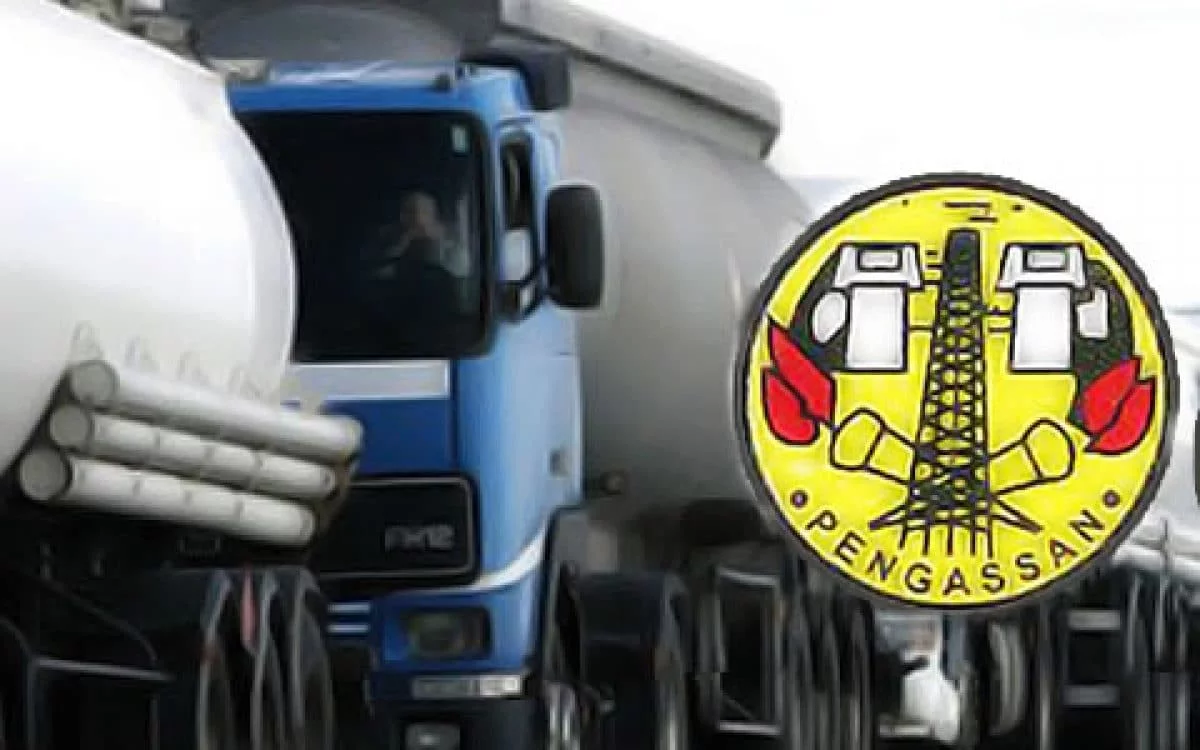FG has summoned PENGASSAN and Dangote Refinery to emergency meeting over labour dispute.
NewsOnline Nigeria reports that the Federal Government has waded into the escalating crisis between the Petroleum and Natural Gas Senior Staff Association of Nigeria (PENGASSAN) and Dangote Petroleum Refinery, summoning both parties to an emergency conciliation meeting.
Minister of Labour and Employment, Maigari Dingyadi, announced that the meeting will hold on Monday at the ministry’s headquarters in Abuja.
ALSO: Goodluck Jonathan Plan to Contest 2027 Presidential Election Confirmed
Through a statement issued by the ministry’s spokesperson, Patience Onuobia, the Minister appealed to PENGASSAN to reconsider its nationwide strike directive, warning that any industrial action could inflict severe damage on the economy.
“The Ministry of Labour and Employment, through the Director of Trade Union Services and Industrial Relations, has invited the leadership of PENGASSAN and the management of Dangote Refinery to a conciliation meeting in my office on Monday,” Dingyadi said.
He added: “I appeal to both parties to be mindful of the strategic importance of the petroleum sector to Nigeria’s economy. A strike will not only result in heavy revenue losses but also worsen hardship for citizens, with dire consequences for economic stability and national security.”
The dispute deepened on Sunday, September 28, 2025, when PENGASSAN ordered its members nationwide to withdraw their services following the reported sack of over 800 workers at the refinery. The union described the dismissals as a direct assault on workers’ rights and freedom of association.
While PENGASSAN accused the refinery of anti-labour practices, Dangote management insists the terminations were part of an internal restructuring exercise.
The crisis has been simmering for months, with the refinery resisting unionisation drives by its workers. Tensions peaked in September when hundreds of staff were abruptly dismissed days after formally joining PENGASSAN.
The powerful oil and gas union, with members spread across Nigeria’s petroleum sector, has historically wielded significant influence in labour disputes—often crippling operations when in confrontation with employers or the government.














